What Is the Deal About Delta-8? A Cannabinoid’s Legal Loophole and Disruptive Outlook


By Trevor Yahn-Grode, Data Analyst, New Frontier Data
Delta-8 (D8) THC is an intoxicating cannabinoid which can be rather easily derived from its nonintoxicating counterpart, CBD. It is often confused with the better-known Delta-9 THC, the main intoxicating component of marijuana. Though both Delta-8 and Delta-9 THC can get users high, the latter is federally prohibited, while due to a legal loophole the former can be legally obtained in all 50 states.
Delta-8’s legal status is ambivalent at best: The nature of the loophole which allows for its production and sale rests on the definition of what “synthetic” means. The 2018 Farm Bill states that all cannabinoids derived from hemp with a Delta-9 THC concentration of less than 0.3% are lawful, but adds that synthetically derived THC remains illegal. Delta-8 THC is present organically in some hemp cultivars, but can also be readily derived from CBD molecules collected from hemp, and the delineation for Delta-8 is becoming blurrier by the moment.
Last August, the DEA released its Interim Final Rule for hemp, which ostensibly bans Delta-8 along with all variations of tetrahydrocannabinol molecules. However, the rule has not been enforced to date, both as legal challenges questioning the DEA’s authority to legislate via policy, and the entrance of a cannabis-tolerant Biden administration have so far inspired a mostly passive stance from the agency.
In the meantime, cannabinoid extractors have jumped on the opportunity. While some producers and marketers are touting Delta-8’s purported benefits for relieving pain and anxiety, others are brazenly exploiting its psychoactive properties, marketing it as a kind of “marijuana-lite”. Meanwhile, the nationwide lack of product standards or consistent dosing recommendations are raising concerns among both hemp industry advocates and public health officials.
The price of Delta-8 concentrate has plummeted more than 45% since August 2020, and, if for the moment less popular than CBG and CBN, it has become the industry’s fastest-growing minor cannabinoid. From seemingly out of nowhere, sales of Delta-8 have grown quickly, exceeding receipts worth $10 million dollars in 2020.
There is no doubt that Delta-8 is disrupting the illicit cannabis market, due to being widely available and increasingly cheap in non-legal states where it is often sold in gas stations and smoke shops. Exactly how long the disruptive dynamic will be allowed to persist is uncertain. Since the availability of Delta-8 is tantamount to the tacit legalization of marijuana, New Frontier Data expects state legislatures to soon take more serious action to regulate the substance within this year.
Nevertheless, the arrival of regulations will not cause its exit entirely: Banning Delta-8 entirely would likely require an act of Congress, which thus limits any near-term regulatory response by state governments. In those states with legalized medical and adult-use cannabis markets, Delta-8 may simply be shifted to the jurisdiction of those programs. While all that remains to be determined, what remains definitely and defiantly more certain is that orders for the substance will meanwhile persist, and extractors will fulfill them, ringing up another significant source of revenue during 2021.


